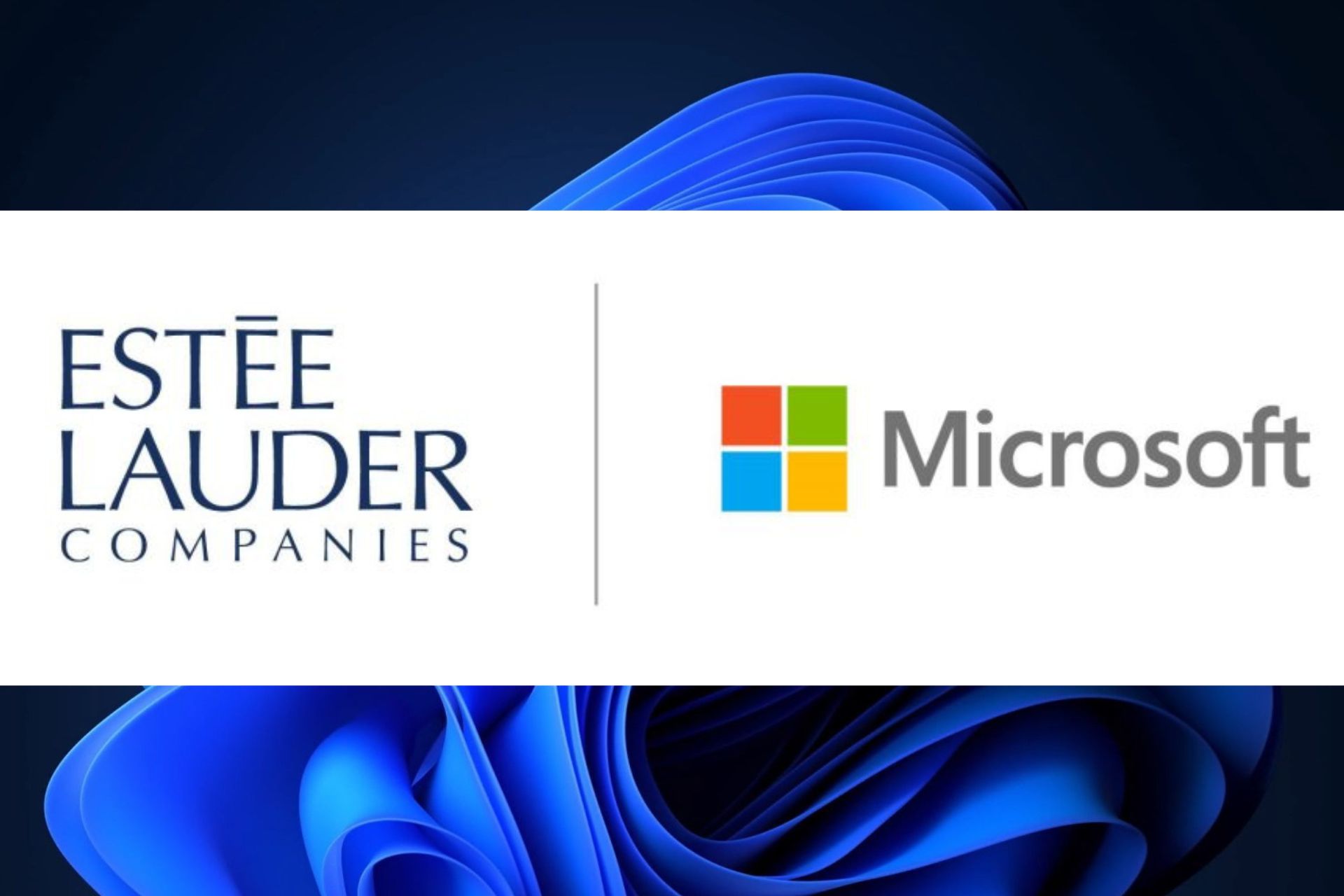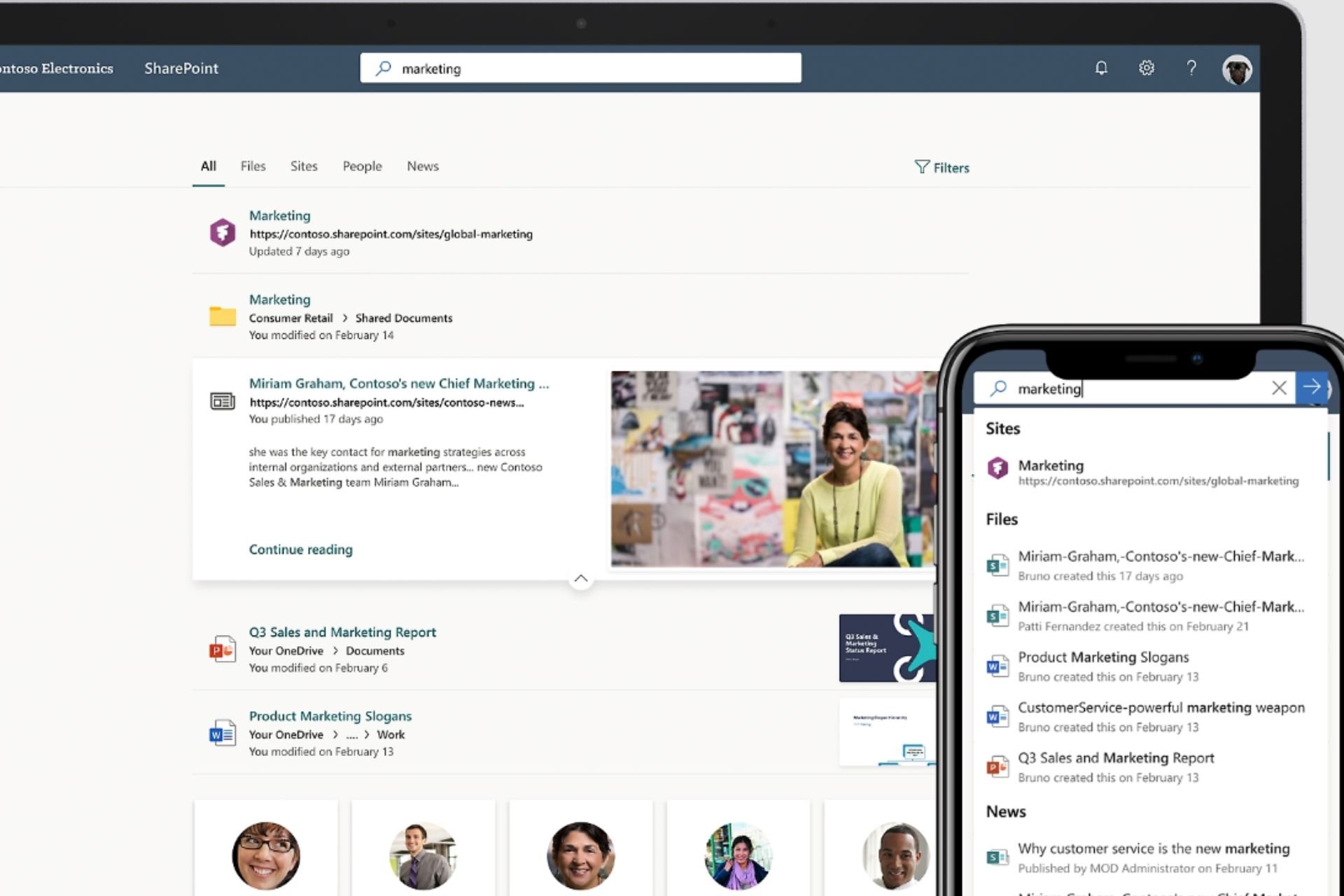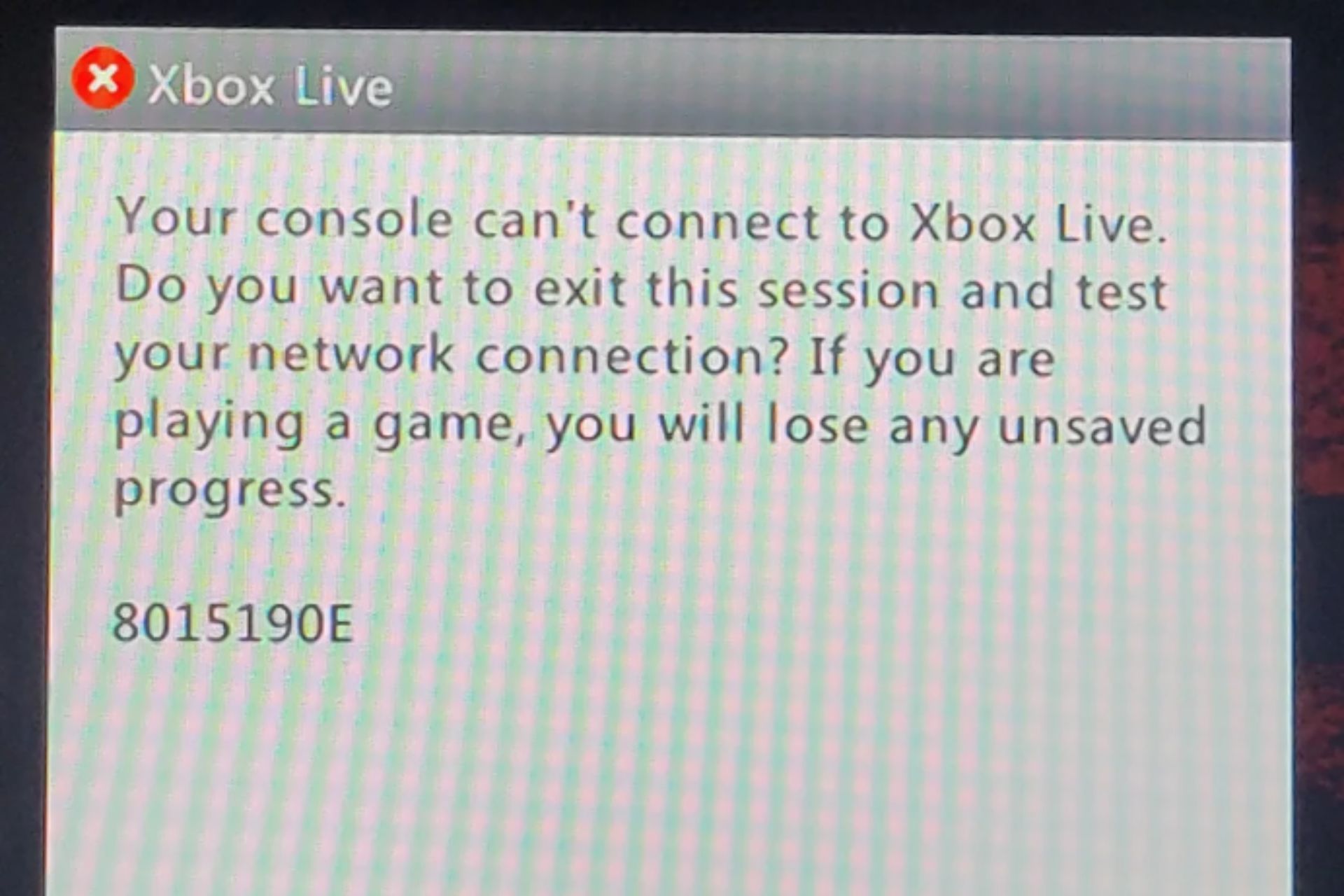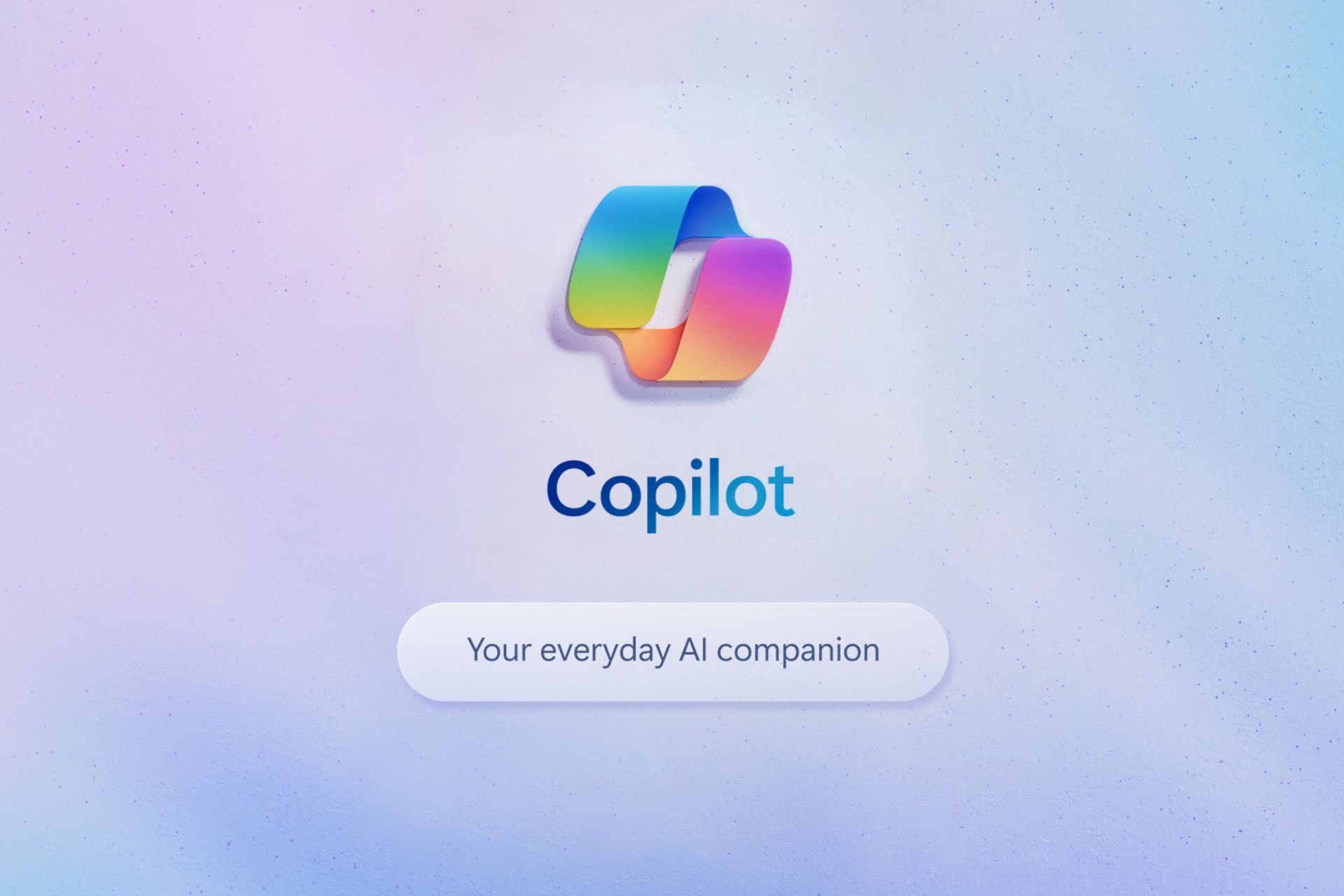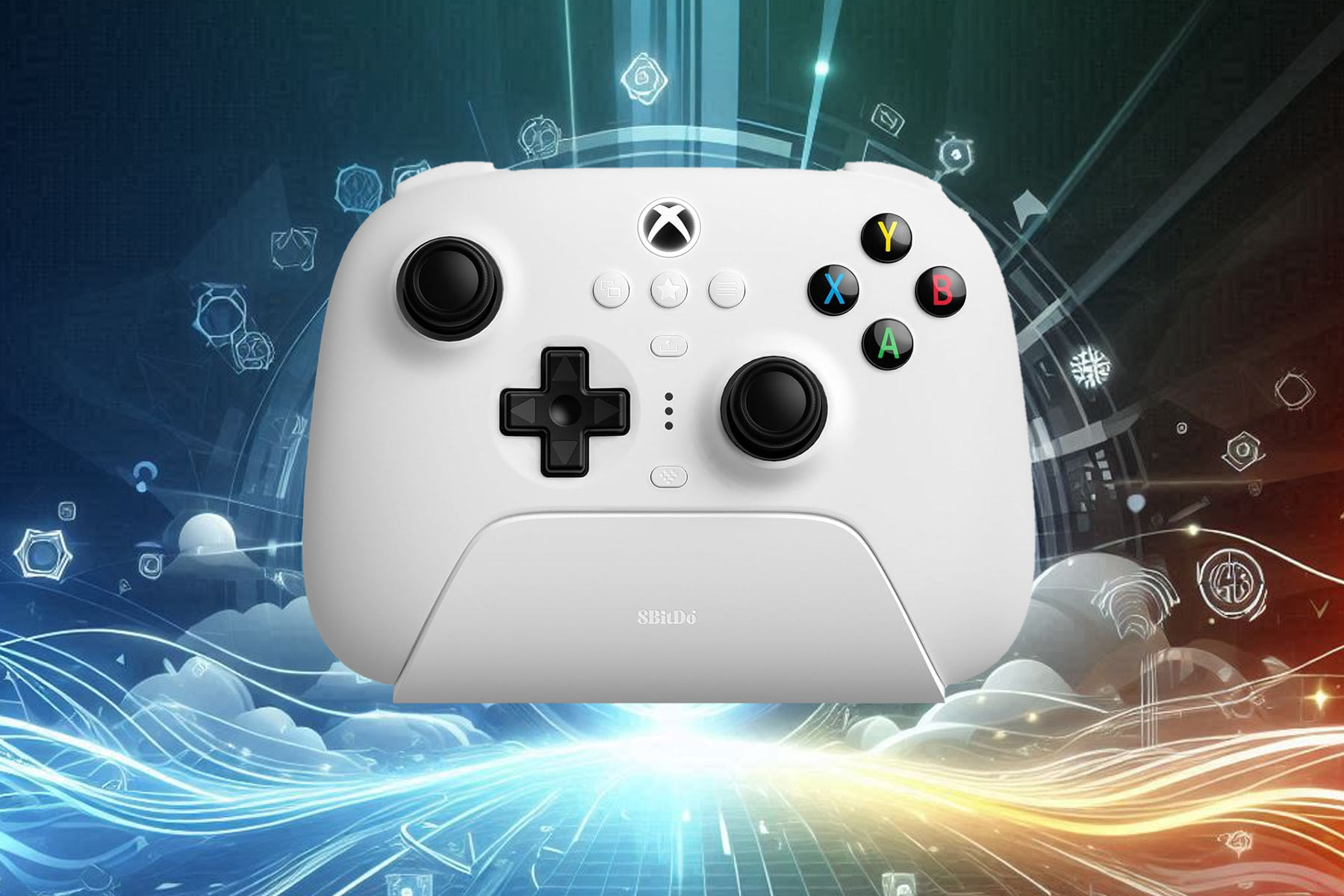Suggested apps start showing up in Windows 10 build 10565 Start Menu
2 min. read
Published on
Read our disclosure page to find out how can you help Windows Report sustain the editorial team Read more
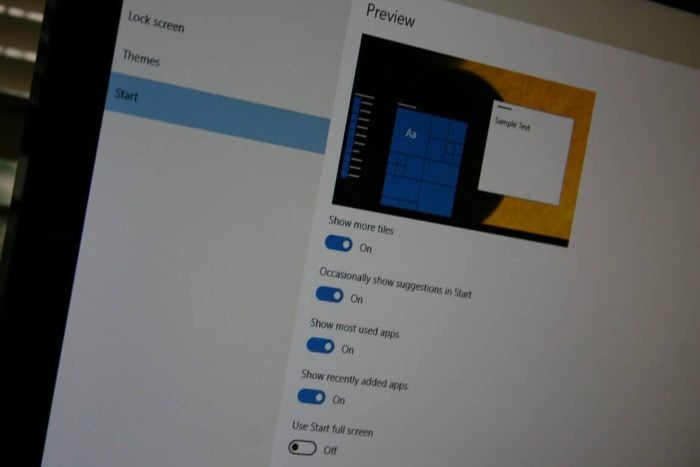
If you’re running Windows 10 build 10565, you might notice something interesting popping up in your Start Menu. Namely, close to the same place where you’ll typically see a list of newly installed apps is a new “Suggested” section. Here, you’ll cycle through Windows 10 apps that Microsoft thinks might be of interest based on your past app installations.




This isn’t anything new: Microsoft showcased the upcoming Windows 10 feature at Build 2015. And, it’s easy enough to turn off–just head into Settings > Personalization > Start and toggle “Occasionally show suggestions in Start.” As you can see from the screenshots above, you can also disable the feature by clicking on a suggestion.

As Betanews notes, Microsoft doesn’t consider the suggestions to be “ads.” Semantics aside, this feature is just one of the ways that Microsoft collects and analyzes data in order to provide a personalized Windows 10 experience. Whether or not the feature is a privacy concern likely comes down to how intrusive a people feels about Microsoft keeping an eye on things like app installations.
In the end, the information being gathered is relatively innocuous, and there’s real value in terms of app discovery. One analogy would be music services that monitor what you listen to and then offer up customized playlists. “Suggested apps” is precisely the same kind of thing. The fact that it’s integrated in the operating system itself doesn’t necessarily make much of a difference, and the feature is certainly easy enough to turn off.
Nevertheless, Microsoft has demonstrated that it’s not afraid to turn Windows 10 into an operating system that knows your habits and caters directly to them. Whether or not this becomes a bigger deal in the future remains to be seen, but in the meantime don’t be surprised if you’re a Windows Insider and Windows 10 starts giving you advice.

